Advanced 1.5 litre Miller-cycle engine to maximise the benefits of CNG
Smart integration of three compressed natural gas tanks boosts range in CNG-only mode to 500km without compromising practicality and driveability
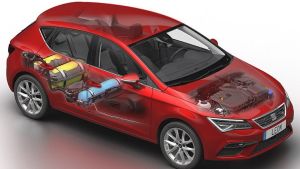 The new Leon TGI Evo – built at SEAT’s Martorell facilities – continues the success of the Leon TGI and Leon ST TGI but advances the technology to make it even more relevant to the market and further push the uptake of CNG-fueled vehicles. SEAT is at the heart of the CNG trend, with compressed natural gas variants of the Ibiza, Mii and recently released Arona pushing adoption, and now joined by the Leon TGI Evo and Leon ST TGI Evo.
The new Leon TGI Evo – built at SEAT’s Martorell facilities – continues the success of the Leon TGI and Leon ST TGI but advances the technology to make it even more relevant to the market and further push the uptake of CNG-fueled vehicles. SEAT is at the heart of the CNG trend, with compressed natural gas variants of the Ibiza, Mii and recently released Arona pushing adoption, and now joined by the Leon TGI Evo and Leon ST TGI Evo.
The Leon TGI Evo’s advanced turbocharged four-cylinder, direct-injection 1.5 litre engine, (based on the TSI petrol engine of the same capacity), integrates an advanced stop-start system, the latest generation of variable turbine geometry turbocharging systems and a Miller cycle combustion process to maximise efficiency and performance.
Continue reading
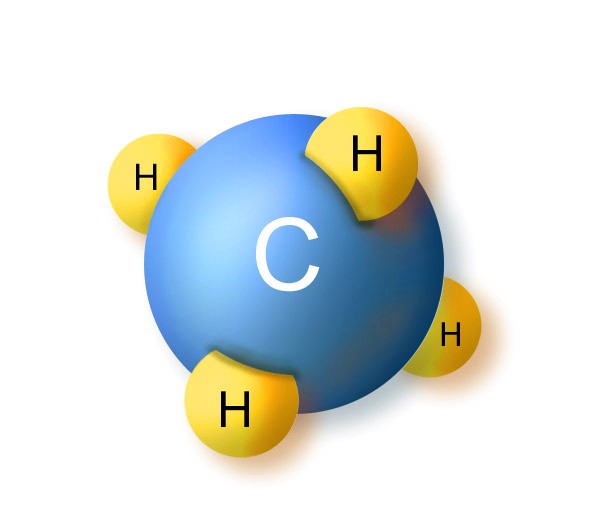
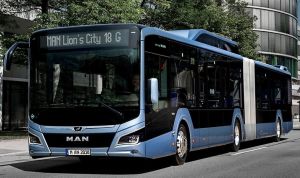 The gas version of the new MAN city bus generation, which celebrated its world début at this year’s IAA Commercial Vehicles trade show in Hanover, features the completely new E18 engine series. Compared to its predecessor, the gas engine offers higher torque with lower displacement, making it both more powerful and more compact.
The gas version of the new MAN city bus generation, which celebrated its world début at this year’s IAA Commercial Vehicles trade show in Hanover, features the completely new E18 engine series. Compared to its predecessor, the gas engine offers higher torque with lower displacement, making it both more powerful and more compact.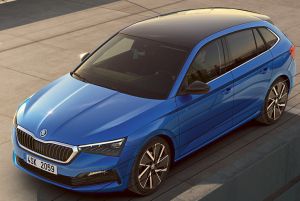 The all-new model offers a high level of active and passive safety, full-LED headlights and tail lights, plenty of space for luggage and passengers, as well as numerous Simply Clever features.
The all-new model offers a high level of active and passive safety, full-LED headlights and tail lights, plenty of space for luggage and passengers, as well as numerous Simply Clever features. LNG is more and more used in the world as a fuel for heavy goods vehicles. Its main advantage in the transport sector – lower level of air pollution than diesel and significantly lower price – approximately up to 25 000 Euros a year per vehicle, which is a big plus for freight carriers. The importance of reducing air pollution has already become critical for the whole transport sector. Rather severe air emission limits, which until now were applied only to passenger cars, are according to the proposal of the European Commission on May 17, considered to establish also on heavy goods vehicles. In addition, Europe has set a goal to link cost of tolls with air emissions. All these steps are related to an ambitious plan of shifting the whole transport sector to cars with zero and low CO2 emission.
LNG is more and more used in the world as a fuel for heavy goods vehicles. Its main advantage in the transport sector – lower level of air pollution than diesel and significantly lower price – approximately up to 25 000 Euros a year per vehicle, which is a big plus for freight carriers. The importance of reducing air pollution has already become critical for the whole transport sector. Rather severe air emission limits, which until now were applied only to passenger cars, are according to the proposal of the European Commission on May 17, considered to establish also on heavy goods vehicles. In addition, Europe has set a goal to link cost of tolls with air emissions. All these steps are related to an ambitious plan of shifting the whole transport sector to cars with zero and low CO2 emission.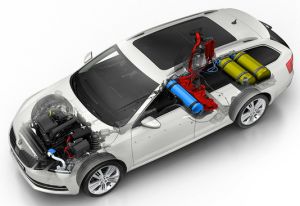 The new 1.5-litre engine in the ŠKODA OCTAVIA G-TEC has an output of 96 kW (130 PS) – 15 kW (20 PS) more than its predecessor. Thanks to variable intake valve timing with Miller cycle operation, it is also very efficient. In CNG mode, CO2 emissions are reduced even further, by around 25 per cent compared to petrol, with considerably lower nitrogen oxide (NOx) output and no particulate emissions. As a result, the ŠKODA OCTAVIA G-TEC complies with EU6d-TEMP, the most stringent current emissions standard, making it an eco-friendly alternative to cars running on conventional fuels.
The new 1.5-litre engine in the ŠKODA OCTAVIA G-TEC has an output of 96 kW (130 PS) – 15 kW (20 PS) more than its predecessor. Thanks to variable intake valve timing with Miller cycle operation, it is also very efficient. In CNG mode, CO2 emissions are reduced even further, by around 25 per cent compared to petrol, with considerably lower nitrogen oxide (NOx) output and no particulate emissions. As a result, the ŠKODA OCTAVIA G-TEC complies with EU6d-TEMP, the most stringent current emissions standard, making it an eco-friendly alternative to cars running on conventional fuels. Denisson Energy SRL, member of Antares Group, and the Association NGVA Romania officially announce the start of construction works for the first CNG station, of the 9 refuelling stations network to be built according to the CNG Romania Project.
Denisson Energy SRL, member of Antares Group, and the Association NGVA Romania officially announce the start of construction works for the first CNG station, of the 9 refuelling stations network to be built according to the CNG Romania Project.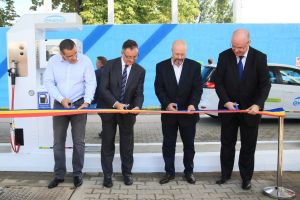
 DATS 24 is set to open 15 CNG filling stations more this year, and while most sites are in Flanders, it has also applied corresponding permits to continue expanding along the main roads in Wallonia, according to a company release.
DATS 24 is set to open 15 CNG filling stations more this year, and while most sites are in Flanders, it has also applied corresponding permits to continue expanding along the main roads in Wallonia, according to a company release.